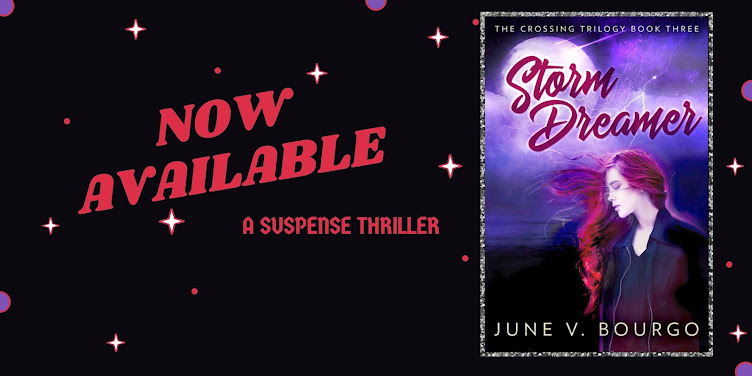Definition:
BACK STORY
Noun
* alternative spelling of backstory
1. background information provided, often in narrative form, to give help in understanding something, as the behaviour of a character
2. history to describe events leading up to the present
Back story is something I've always had trouble handling. It's something that requires finesse. And finesse comes with writing experience and in my case, from the advice of a good editor.
Story writing today is part of the fast-foods McDonalds era we live in. How often do we take the time to go into a restaurant and enjoy the dining experience? Most of us rush about in our busy lives and buy fast foods on the way home or take ten minutes to gulp down our food at fast-food restaurants before rushing to our next destination.
Readers today have a short attention span and want into the action quickly. If not, they get bored, skip pages, and maybe give up on the story all together. The problem with this is that they don't have time to get to know the characters, to relate to them and feel connected. So if the characters are plunged straight away into a suspenseful conflict, the reader may not care. The writer wants readers to get invested in the character's life and dilemma and really care about what happens to them. Disconnect is a bad thing for a writer.
In my opinion, this is an even larger problem when writing a series, which I am. If the reader has read earlier books in the series, they already know the main character. They have an invested interest in the character's life and care what's going to happen to them next, like an old friend. But someone who hasn't read previous books need some back story and it is the writer's job to make sure the book can stand alone for a new reader. The problem here lies wherein the writer has to add enough back story to interest the new reader but not be repetitive as to bore the established reader.
My third book, A Missing Thread, Book 3 of the Georgia Series jumps right into the action with Chapter 1. My problem here is that anyone who knows Georgia Charles-Dixon well, will jump into the action right along with her, but a new reader hasn't had time to care about her. I need to add back story. How do I do that?
I could start the narrative earlier before the crisis, to describe the character and get the reader invested in her. However, they may get bored, along with the old reader who already knows her story up to this point. So I'm not going there.
I could and have in the past, put flashbacks in the middle of the action to describe her history, The problem here is that the story can become choppy and it stops the action. I risk ruining the build-up to the crisis. (My editor, Ron Bagliere, taught me this tidbit)
Another method, is to put the back story into dialogue, not narrative. This is showing not telling. And if the dialogue is part of the current story line, it's not going back into the past and can serve its purpose of allowing the reader to connect to the character. It has to be subtle and fit into the conversation. Don't info-dump (which could possible be our 'I' word in future ABC blogs LOL).
A prologue can work, but it definitely takes finesse. I did some research myself by putting the question out to my readers what they thought of prologues. Most didn't like them. By the time they got into the body of the story, they had forgotten what the prologue was all about, especially if there was forgotten information they needed and they had to go back to the prologue and search it out. The most common complaint was prologues that were too long. With that in mind, I do believe prologues can have a place in certain story lines, but only if they are short and to the point. I would never write a prologue that was more than three pages. Let it serve its purpose, leave the reader intrigued and move onto the action in Chapter 1. Now that's just my opinion.
*
There you have it, four ways of working in the back story. Only you can decide which method is best for your story. And I do believe that every story is different. What I might do in one of the Georgia Series books may not work in another one. Herein lies the challenge. What will I do with the problem I'm facing with back story in A Missing Thread, Book 3 of the Georgia Series?
Let's look at each option. First, starting the narrative earlier is out. I like my first chapter which delves right into the action.
Option 2, using flashbacks is out to me as well. It will make the story choppy and ruin the build up to the crisis.
Option 3, putting the back story into dialogue is also out because my character is alone in a car with no one to talk to.
That leaves me Option 4, using a prologue. This appeals to me as the best solution for this particular dilemma and the direction I am heading in. However, it will be short, to the point, and hopefully intrigue the reader to move on to the action of Chapter 1.
For all you writers out there, good luck with your back story and keep on keeping on writing.
Click HERE to visit me on my Facebook page.
